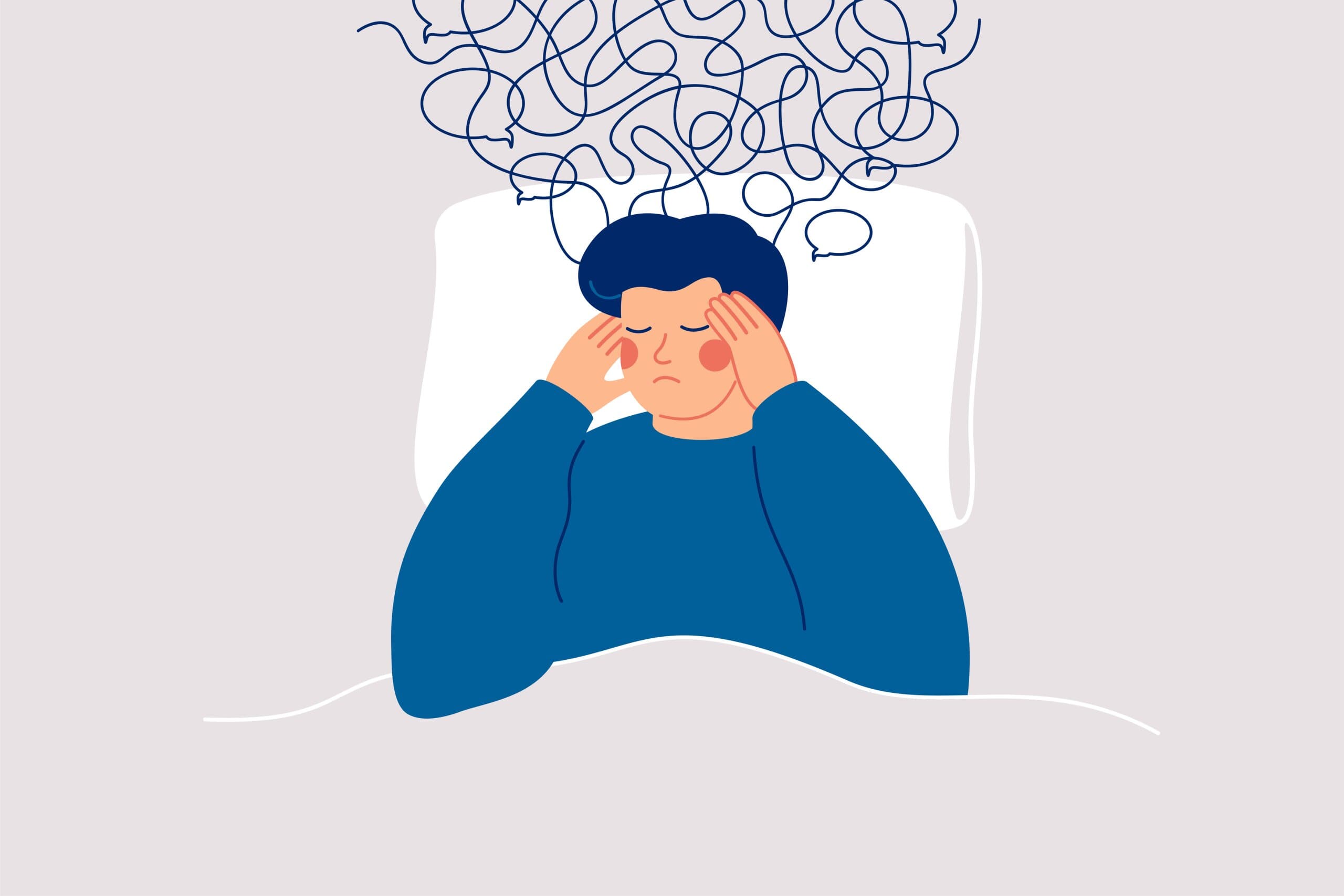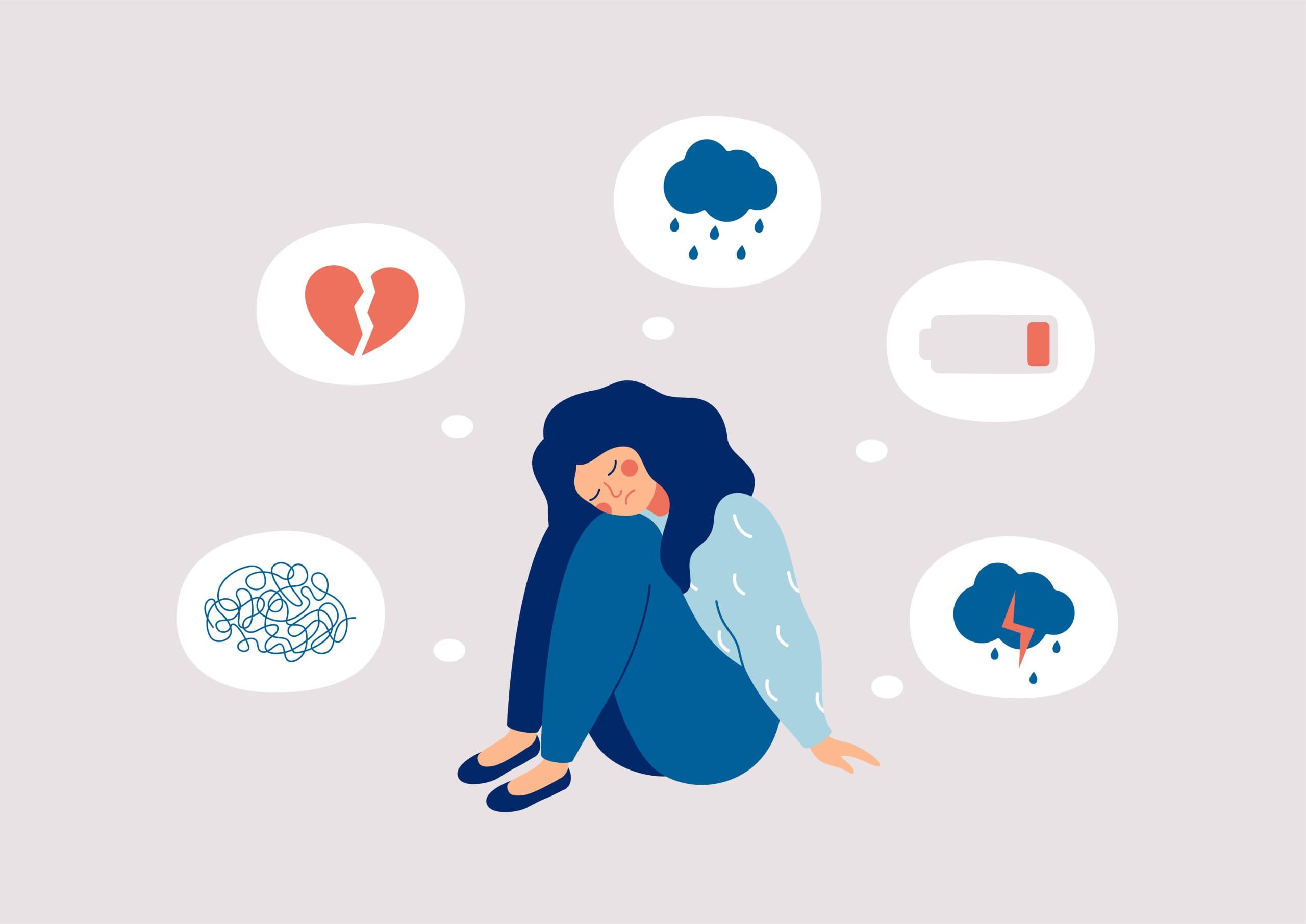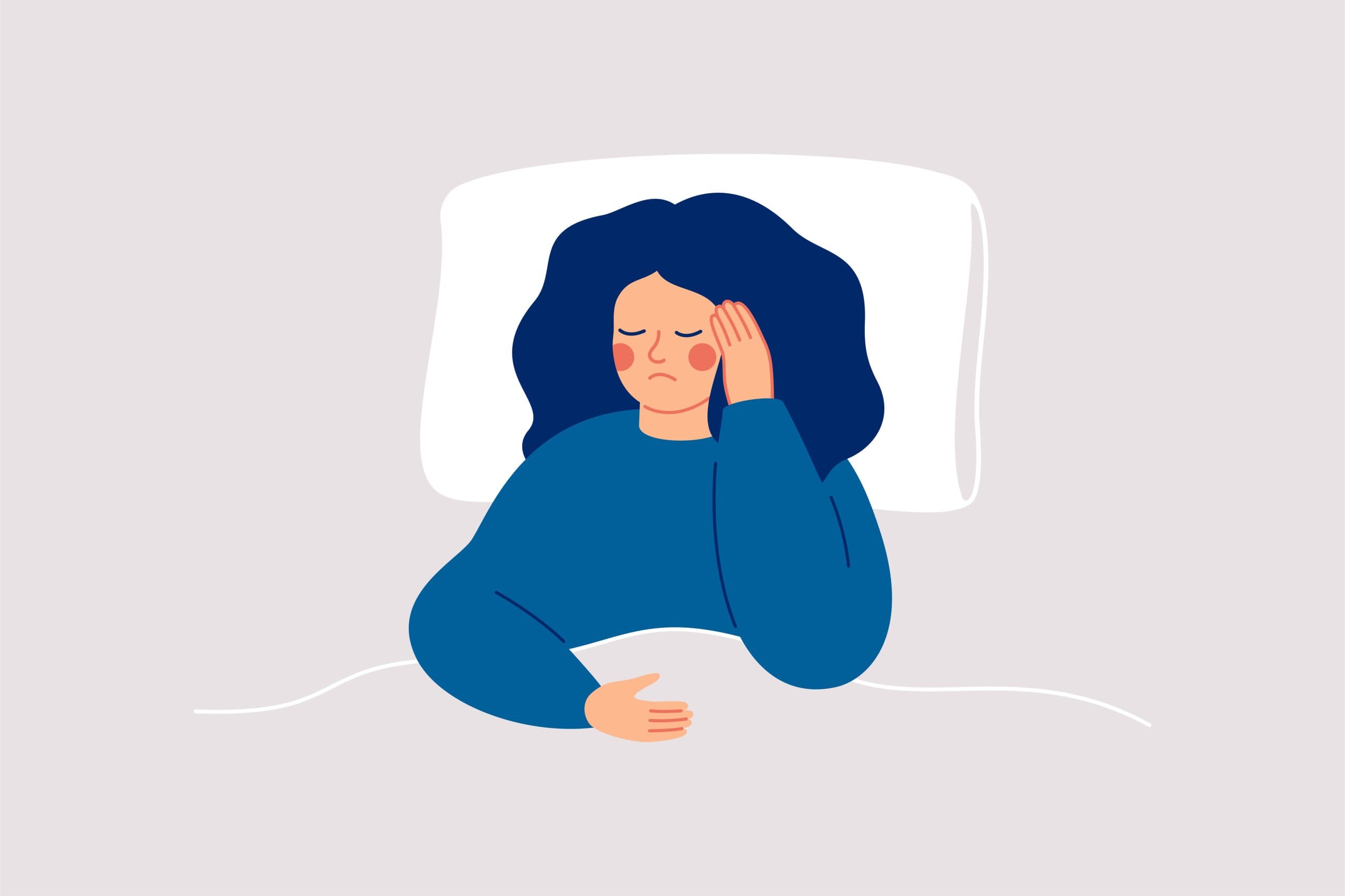As we all know, not getting enough sleep can effect both your mental and physical well-being. But for some of us, a bad nights sleep isn't an uncommon experience. Have you ever wondered what exactly is causing your sleep problems? Here are the most common sleep disorders explained, as well as ways to improve your sleeping habits.
What is a sleep disorder?
Generally, a sleep disorder is a condition when a person feels tired but is still unable to sleep. They involve problems with the quality, timing, and amount of sleep. If you find yourself unable to sleep when you feel tired on a regular basis, you could have a sleep disorder. There are many different types of sleep disorders that all have their own symptoms, causes, and treatments.
What are the signs of a sleep disorder?
We all struggle with sleeping from time to time. How much sleep we need varies from person to person and changes as we get older. Sleep problems usually sort themselves out within a month but longer stretches of bad sleep can start to affect our lives. If you are struggling with getting enough sleep you may have these symptoms:
- Find it difficult to fall asleep
- Lie awake for long periods at night
- Wake up several times during the night
- Wake up early and be unable to get back to sleep
- Feel down or have a lower mood
- Have difficulty concentrating
- Are more irritable than usual
- Feel like you have not slept well when you wake up in the morning

What are the most common sleep disorders?
Sleep disorders can be more difficult to diagnose in children and older adults. Children typically require more than 8 hours of sleep and older adults typically require less. Because of this, it's important to monitor how you or your child are feeling. If you or your child are experiencing the symptoms of a sleep disorder, no matter how much sleep you are getting it's important to get it checked out.
Circadian Rhythm Disorders
Typically, people sleep at night time. That's not just thanks to the 9-5 working day, it's also down to our natural sleep and alertness rhythms which are driven by an "internal clock". There are many ways that you can alter your circadian rhythm including, jet lag, adjustments to your work shifts, delayed sleep phase syndrome (you fall asleep and wake up too late), and advanced sleep phase syndrome (you fall asleep and wake up too early).
Changes in daylight savings time can also cause issues with our circadian rhythms, so read our post on resetting your body clock for tips on how to combat this sleeping disorder.
Insomnia
People who have insomnia feel as though they don't get enough sleep at night. They often find themselves waking up in the middle of the night, trouble falling asleep, and waking up earlier in the morning. Since different people require different amounts of sleep, insomnia is only a problem if it affects your daily life. Insomnia has many possible causes, including stress, anxiety, depression, certain medications, poor sleeping habits, and circadian rhythm disorders (such as jet lag).
Sleep Apnea
Those with sleep apnea have pauses in their breathing while they sleep which ultimately causes them to wake up. This happens when the airway becomes completely or partially blocked, interrupting breathing for a short period of time. Because people with sleep apnea wake up multiple times a night it can cause long term tiredness. A popular symptom of sleep apnea is loud snoring, so if you find yourself waking up multiple times a night and snoring you may want to visit your health professional.
Read our guide on Everything You Should Know About Sleep Apnea for more information.
Restless Legs Syndrome (RLS)
In people that have RLS, discomfort in the legs and feet peaks during the evening and night time. This feeling of discomfort causes them to restlessly move their legs, hence the name. People with RLS find that moving their legs gives temporarily relieves the discomfort. The leg movements are often excessive, rhythmic, or cyclic movements during sleep which can delay sleep onset and cause them to briefly wake up during the night. Restless leg syndrome is a common problem among middle-aged and older adults.
Night Terrors and Sleepwalking
Both night terrors and sleepwalking happen during NREM sleep and commonly arise in children aged 3-5 years old. This is the part of the sleep cycle where the body repairs and regrows tissues, builds bone and muscle, and strengthens the immune system. Night terrors can make you miss out on the vital part of sleep and make you feel more tired than usual. They can be quite frightening for everyone involved but usually resolve over time. Sleepwalkers can do a range of activities while they sleep, some potentially dangerous like leaving the house. The person sleepwalking has little to no recollection of the event and can experience severe tiredness throughout the day.
For even more information on night terrors and sleep paralysis, read our guide to Sleep Paralysis: What It Is & How To Stop It.

What causes sleep disorders?
Finding out the root cause of a sleep disorder is one of the most important parts of addressing it and fixing the problem. If you feel tired all the time, try and find which symptoms of sleep disorders resonate with yours best. After that, you can try and figure out the root cause.
Commonly, sleep disorders are linked to emotions such as stress, anxiety, and even excitement. Strong feelings of emotion can cause our brains to go into overdrive and interrupt our sleep patterns. There's a strong link between mental health and sleep, with them effecting each other in equal amounts. Our guide to How Sleep Deprivation Can Effect Your Mental Health, And Vice Versa, will give you more information.
Another common link to poor sleep is the sleep environment. If your mattress has become uncomfortable, worn, or is the wrong firmness for you, it can lead to restless sleep. If you think you need to upgrade your sleeping set-up, read our Mattress Buying Guide.
If you're worried you could be suffering from a sleep disorder, we recommend speaking with your doctor and doing more research on your specific symptoms.
How are sleep disorders treated?
There are many ways to treat sleep disorders but the first step is to figure out the cause. If poor sleep quality is affecting your daily activities you should always seek help from your GP or health professional. They will work with you to determine the root cause and the disorder itself. Treatments vary based on the severity of the disorder and the particular disorder itself but can include, introducing a new sleep schedule, CBT, medication therapy and other doctor prescribed remedies.
Remember, common sleep disorders can be caused by your sleep environment - if you're looking to upgrade then shop our competitively priced range of mattresses, pillows, and beds. With next day delivery available, a good nights sleep can be just one day away.





